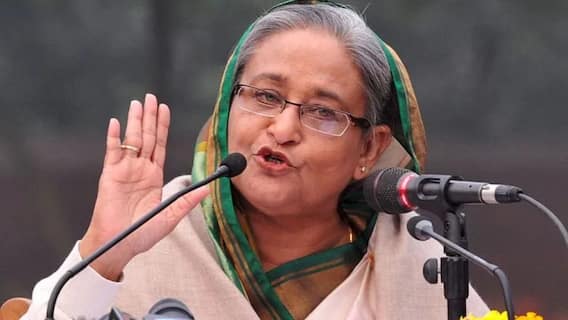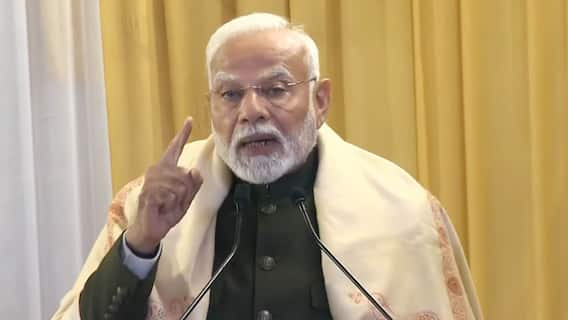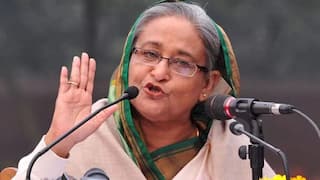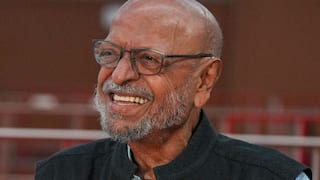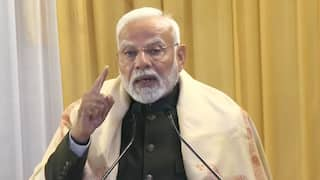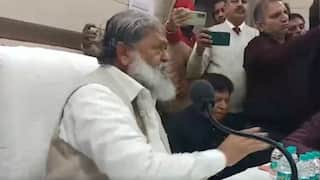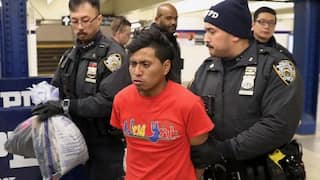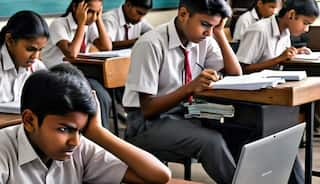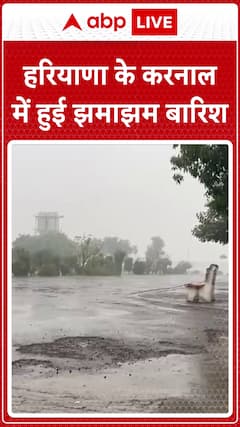International Women's Day 2023: Urgent Need For Gender Equality In Conflict Intervention And Peacebuilding
While women are severely affected by conflict and post-conflict situations, they have been marginalised in the global peace and security agenda.

Kuala Lumpur, Mar 6 (360info): War is dangerous. But it is even more dangerous if you're female. Women and girls experience specific risks. Sexual violence is often used as a tactic of war.
Domestic violence, rape, sexual harassment and human trafficking often escalate or are exacerbated due to a breakdown in social structures. Women and girls are also particularly affected by the interruption of education and healthcare.
Displacement is another significant problem.
In 2021, 48 per cent of the global refugee population were women and girls. UN Women, on the other hand, estimated that women living in protracted displacement slightly outnumbered men. Refugee women and girls often do not get adequate access to reproductive healthcare related to pregnancy, maternity, postnatal health and menstruation. Based on UN reports, 60 per cent of preventable maternal deaths occur in humanitarian settings.
While women are severely affected by conflict and post-conflict situations, they have been marginalised in the global peace and security agenda.
This year's International Women's Day theme is #EmbraceEquity. Equity recognises differences in circumstances and experiences between women and men and the intersections of women's and men's lives.
According to the Council on Foreign Relations, women constituted only about 14 per cent of peace negotiators worldwide between 2015 and 2019. Between 1992 and 2019, they formed only 6 per cent of mediators and 6 per cent of signatories in major peace processes around the world.
Until 2020, when Stephanie Williams was appointed the acting head of the United Nations Support Mission in Libya, no woman had led a peace process. The lack of women's representation in peace negotiations means that peace agreements will continue to inadequately address women, girls and gender issues about conflict and post-conflict situations.
An analysis of 1860 peace agreements since 1990 shows only 20 per cent contain references to women, girls and gender while only 6 per cent specifically address violence against women.
A 2018 study found there is a strong correlation between peace agreements signed by female delegates and enduring peace. In several post-conflict African countries (e.g. Liberia, Uganda, Angola), when women's groups took advantage of post-conflict political reform, increased female legislative representation followed.
Other than the fundamental importance of achieving gender equality in all spheres, these findings provide a strong case for urgently increasing space for women to play an active role in peacebuilding processes.
In 2000, the UN Security Council passed the first Resolution that addressed the issue of women and peace and security. In Resolution 1325, the security council expressed concerns that women and children accounted for a large majority of civilians adversely affected by armed conflict and they became internally displaced persons and were increasingly targeted by combatants.
The resolution urged UN state parties to ensure increased representation of women at all decision-making levels in national, regional and international institutions and mechanisms for the prevention, management, and resolution of conflict.
A 2015 study concluded that gender equality programming generally contributes to the improvement in access to and use of services, increases the effectiveness of humanitarian outcomes and reduces gender inequalities in conflict situations.
In Mindanao, Philippines, when high equality programming was introduced in households, boys and girls were 60 to 75 per cent less likely to drop out of school compared to children in households with low-intensity equality programming.
In Nepal, single mothers particularly benefited from cash or food-for-work programmes targeting women. They were then able to use the income for school fees and materials to enable their children, especially girls, to continue their education. Gender equality programming in the improvement of health-related infrastructure and services greatly improved maternal and child health in three countries as Philippines, Kenya and Nepal.
In October 2020, the UN adopted Resolution 45/28 to promote and protect the human rights of women and girls in conflict and post-conflict situations. It recognised the role of women in the prevention and resolution of conflicts and peacebuilding and confidence-building.
To achieve women's meaningful participation and full involvement of women in the promotion of peace and security, UN signatories were called on to help enable more women mediators, a women's mediator network, women peacebuilders, women human rights defenders and women's civil society organisations.
The slow opening of space for women in conflict intervention and peacebuilding is due to one thing. Policy advisor Thania Paffenholz says peace processes have typically consisted of elite peace talks, which usually means men, who tend to dominate government leadership roles.
Around the world, there is still a big gender gap in political participation and empowerment. In 2022, there remains a 78 per cent gap in gender parity in global political empowerment for women.
If women do not have equal say in socio-political leadership, they may not be effectively included in peacebuilding. Women's participation in peacebuilding should not only be in separate women-focused sub-committees, as often happens.
Gender quotas for peacebuilding stages could be a solution. During a peace process in Yemen between 2011 and 2015, it was agreed the draft constitution included a provision for a 30 per cent quota for women in decision-making positions.
In conflict intervention and peacebuilding, recognising the diversity of experiences and contexts and being inclusive in decision-making are crucial to achieving gender equality in peace processes. They are also urgently integral towards achieving the relevant targets of SDG16 by 2030. (360info.org) AMS
(This report has been published as part of the auto-generated syndicate wire feed. Apart from the headline, no editing has been done in the copy by ABP Live.)
Trending News
Top Headlines





